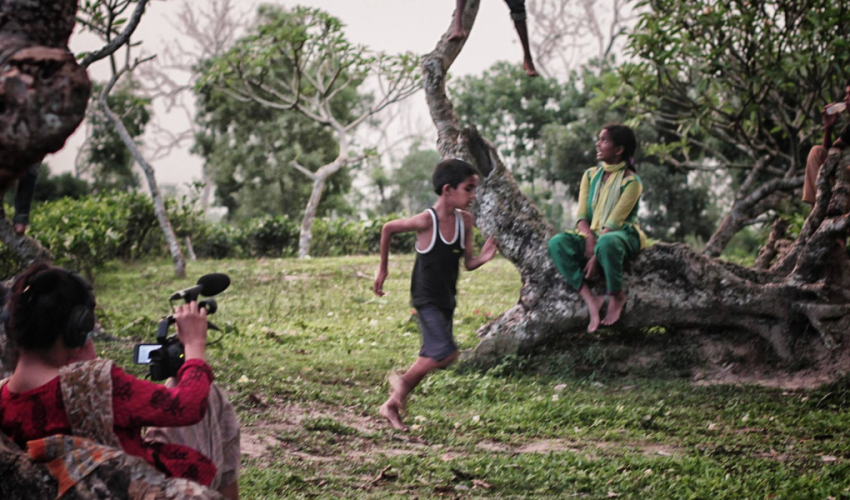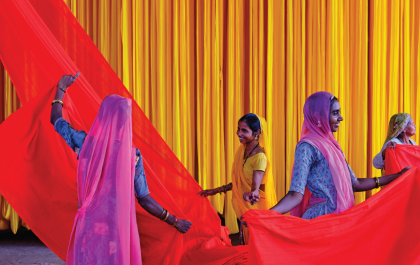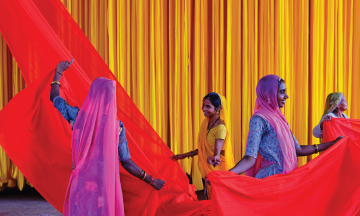The award-winning documentary director talks about her approach to her craft
By Sabrina Fatma Ahmad
Unless you’re really into documentaries and have been keeping up with the screening scene in Dhaka, you’d be forgiven for not knowing who Humaira Bilkis is. The independent filmmaker prefers it that way, stating with a laugh that all she cares about is her work. “I like keeping a low profile,” she says over a phone call.
Her relative obscurity in Bangladesh doesn’t mean her work is going unnoticed, however. The modest body of work Bilkis has produced so far has been generally well-received at film festivals abroad. Her short film I Am Yet To See Delhi bagged a special mention at Japan’s Yamagata International Documentary Film Festival, and was nominated for the Ogawa Shinsuke Prize.
Her debut feature-length documentary Things I Could Never Tell My Mother was picked up by the International Documentary Film Festival Amsterdam (Idfa) to be screened in their “Best of Fest” section, and won the prestigious Silver Nanook at the Flahertiana documentary festival in Russia last year. Far from bragging about that, Bilkis maintains a down-to-earth attitude about all the international attention.
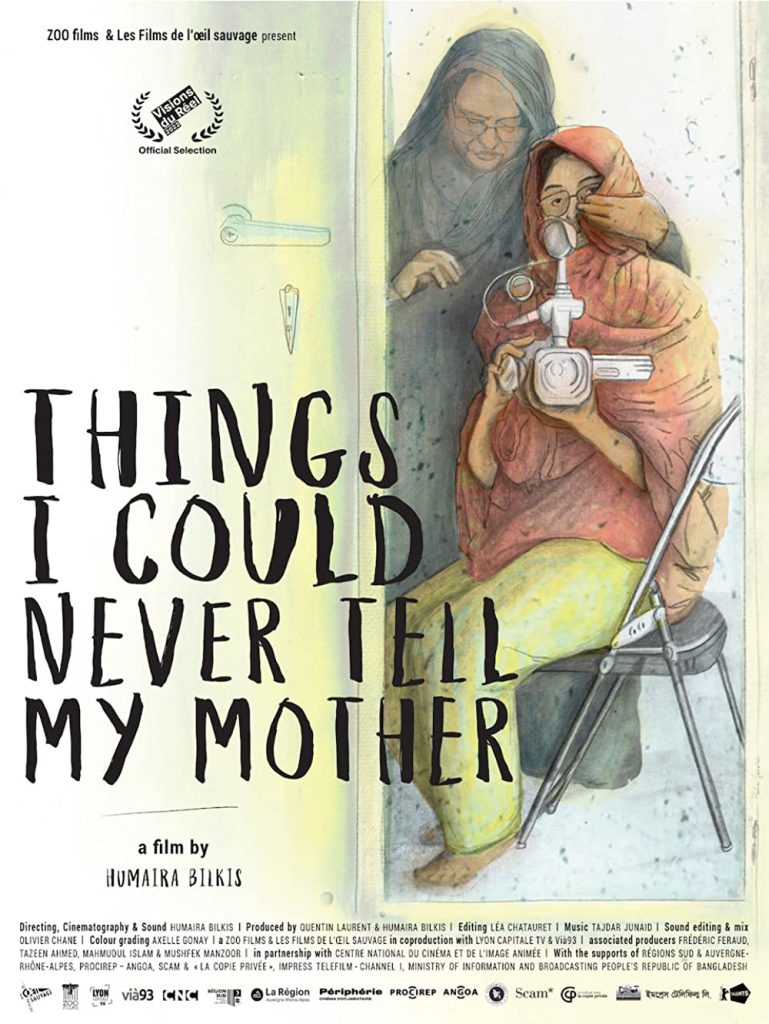
The obvious place to start with is, what made you decide to dive into documentary filmmaking?
Well, the last time we met, we were both teaching undergrad classes, right? I was doing a lot of fieldwork and ethnographic studies; I worked as an assistant producer for the two-time Oscar-winning documentary filmmaker Sharmeen Obaid-Chinoy in her project on UN women peacekeepers. I felt like I wanted to do more of this kind of work; the classroom walls had begun to feel stifling by then.
It’s easier to go into film studies, I think. But if you want to study film production, well, that can get very expensive. For me, it was a big decision: Do I leave an existing job and stable income to get into something that would not only cost me a lot of money, but didn’t also guarantee profitable returns? In the war of the heart and mind, I guess I listened to my heart and applied. I got accepted into a program in India, and never looked back.
“A portrait of life in the political and historical epicenter of India, Delhi, told through striking vignettes that weave together the diverse communities and economic classes. This poetic short artfully doubles up as an essay on the mundanity of loneliness in a buzzing, chaotic metropolis.”
~Mubi recommendation of I Am Yet To See Delhi
That was very brave, but it seems to have paid off. Your student film won an award!
[Laughs] yes, at Yamagata. I was very lucky. I went to study Creative Documentary at Sri Aurobindo Center for Arts and Communication, Delhi, and this one was sent out to festivals, and was well-received, and I am glad it was, because it helped when I started sending out proposals for other projects I wanted to do. When I came back to Dhaka, I received a grant that allowed me to do my work on tea plantation workers.
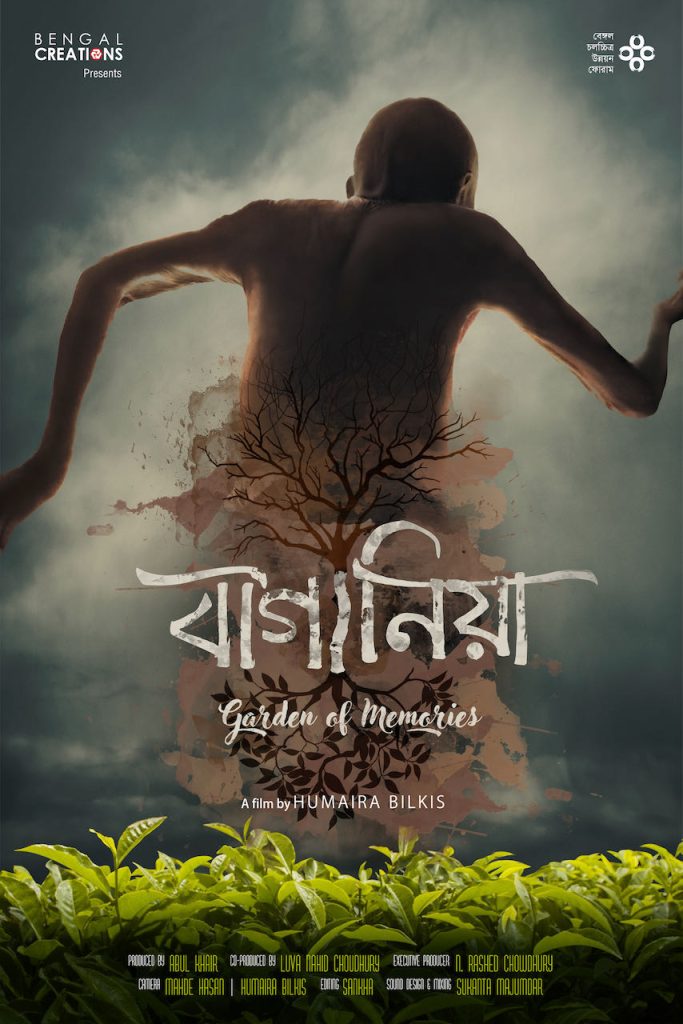
That’s the one that became Baganiya (Garden of Dreams), right?
That’s the one. I got a grant from the Bengal Foundation for the research. Actually, I’d done some ethnographic research with the tea plantation workers before, and made all the connections, which is what got me interested in documenting their stories.
What is your approach to filmmaking?
I prefer the ethnographic “fly on the wall” approach. I start with a hypothesis in mind, but let my observations guide me towards what the final narrative is, trying to remain as objective as possible. I do all my own camera work, so I like working with a light hand-held camera. For The Things I Could Never Tell My Mother, it had to be more interactive, since it was a personal, partly autobiographical work, of course.
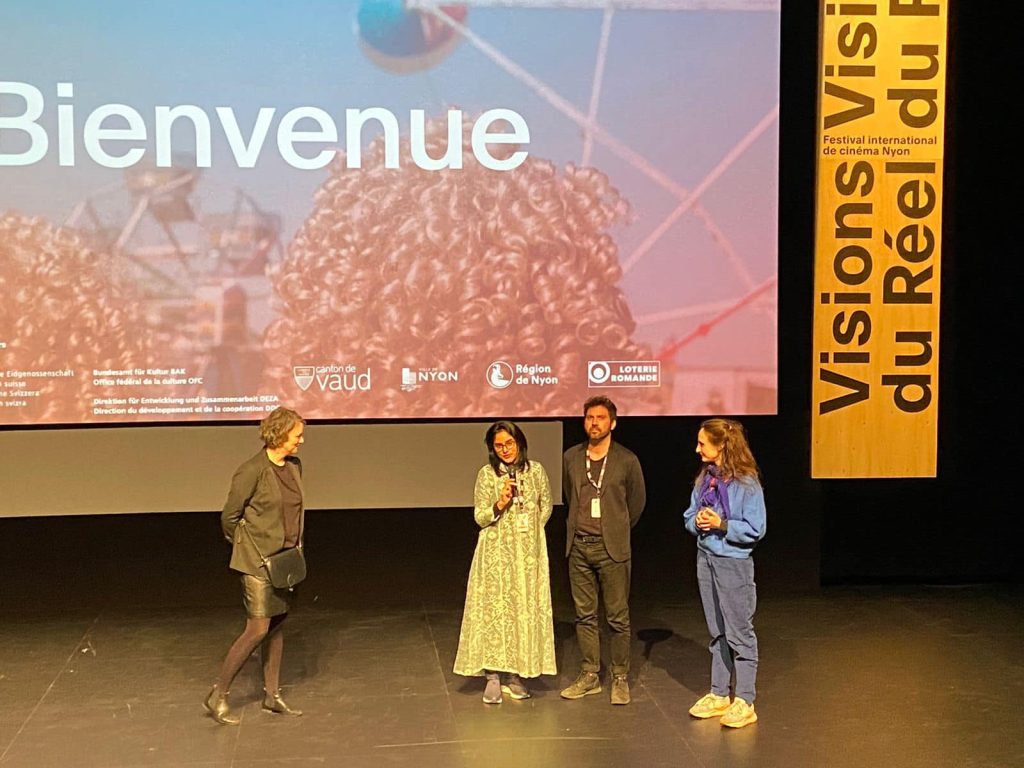
How can interested viewers sample your work?
I Am Yet To See Delhi is available on an Indian platform called Mubi. I don’t think it’s available here yet. Things I Could Never Tell My Mother was picked up for distribution by an Israeli company called Antipodes. Waiting to hear what their distribution plans are. Some of my work has been screened privately here; I’m being picky with the screenings because I am mindful of the scrutiny that comes with a woman being in this profession, and my recent work has been very close to home.
What’s next for Humaira Bilkis?
I’m currently co-producing a film with an Indian filmmaker. There are a few more projects in the pipeline. I’ll probably be more comfortable talking about them when they are closer to fruition.




